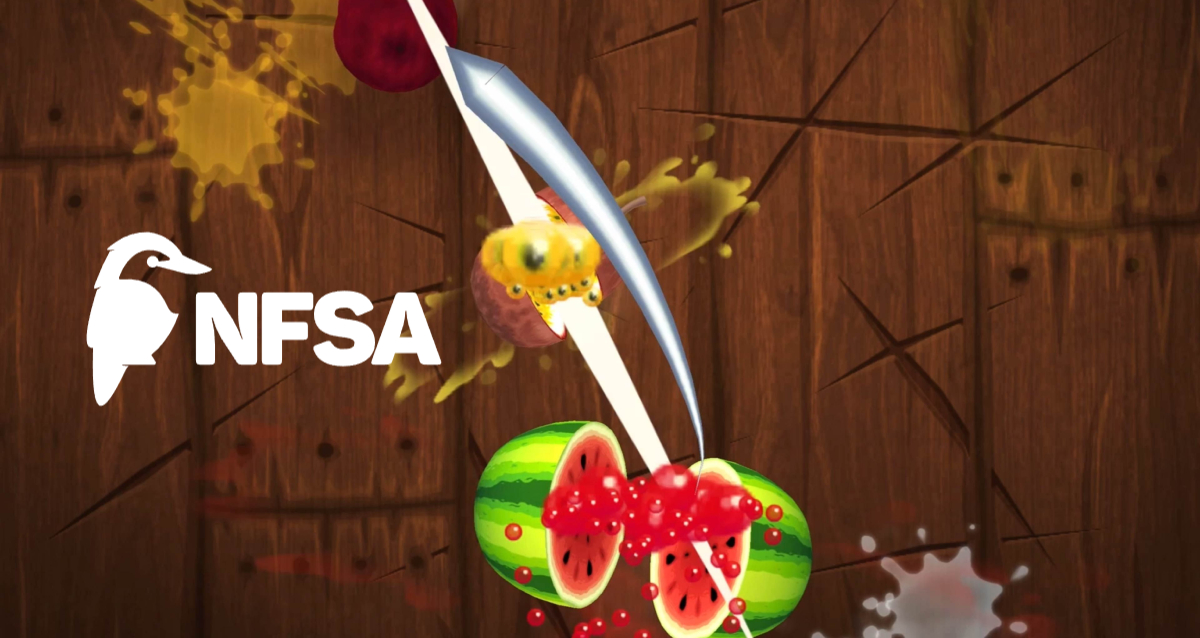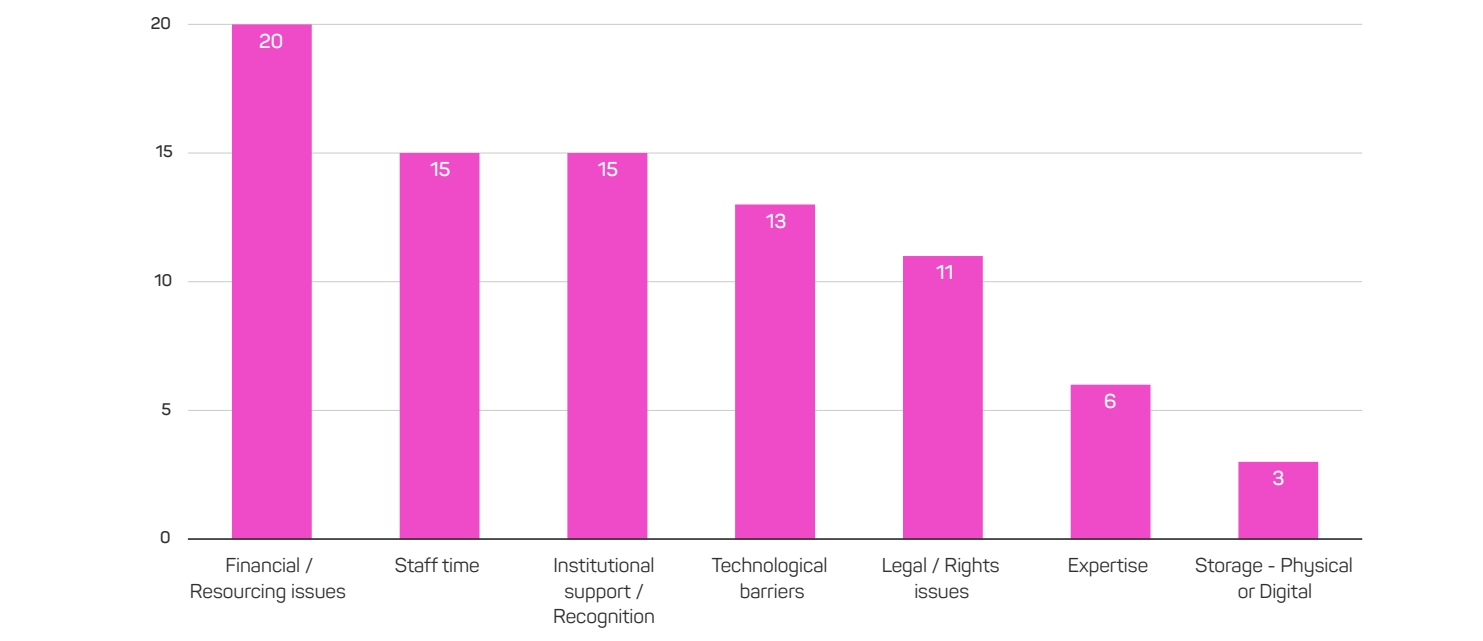Despite the efforts of organizations across the globe, attempts to preserve classic video games come with many challenges. Some of them have been highlighted in a new study by the National Film and Sound Archive of Australia (NFSA).

Fruit Ninja, a mobile game by Australian developer Halfbick Studios
In October 2023, the NFSA surveyed 54 organizations, including universities, libraries, research groups, museums, developers, and private collectors, to find out the state of video game preservation and the key issues in this field.
“Video games are the pre-eminent cultural artefact of our time, and collecting and preserving them is a still-developing field that is growing beyond the boundaries of today’s institutions,” NFSA CEO Patrick McIntyre said.
The results of this international survey were published on August 21. Here are the key takeaways:
- According to the NFSA, over 96% of classic Australian video games are “critically endangered and at risk of being lost forever”;
- Organizations around the world face financial barriers to successfully doing their preservation work, with many calling these activities under-resourced;
- Technical barriers are another huge challenge that limits the preservation of both physical and digital games;
- Physical preservation involves the challenges of retrieving software from obsolete carriers and the vast number of already lost classic games;
- Preserving digital copies is complicated by current industry trends as more games become online-only or exist within their creators’ proprietary systems;

The biggest game preservation barriers and issues (via NFSA)
- All these issues come with legal barriers, with copyright laws preventing organizations from preserving digital games, creating their own copies of classic titles, running games on emulators, or providing access to collection materials;
- Most organizations acknowledge the need for more structured international collaboration, with proposed options including the establishment of global associations and yearly conferences focused on game preservation;
- Some respondents also suggested identifying common goals, including international cooperation on cataloguing systems.
Last year, the Video Game History Foundation concluded that over 86% of classic video games published in the US were critically endangered and unavailable for purchase. Brandon Butler, director of information policy, University of Virginia Library, demanded that policymakers solve the problem by adjusting copyright laws because “if we lose access to our digital cultural heritage, it’s not a market failure; it’s a policy failure.
For more data and insights into video game preservation issues, check out the NFSA’s full report.
